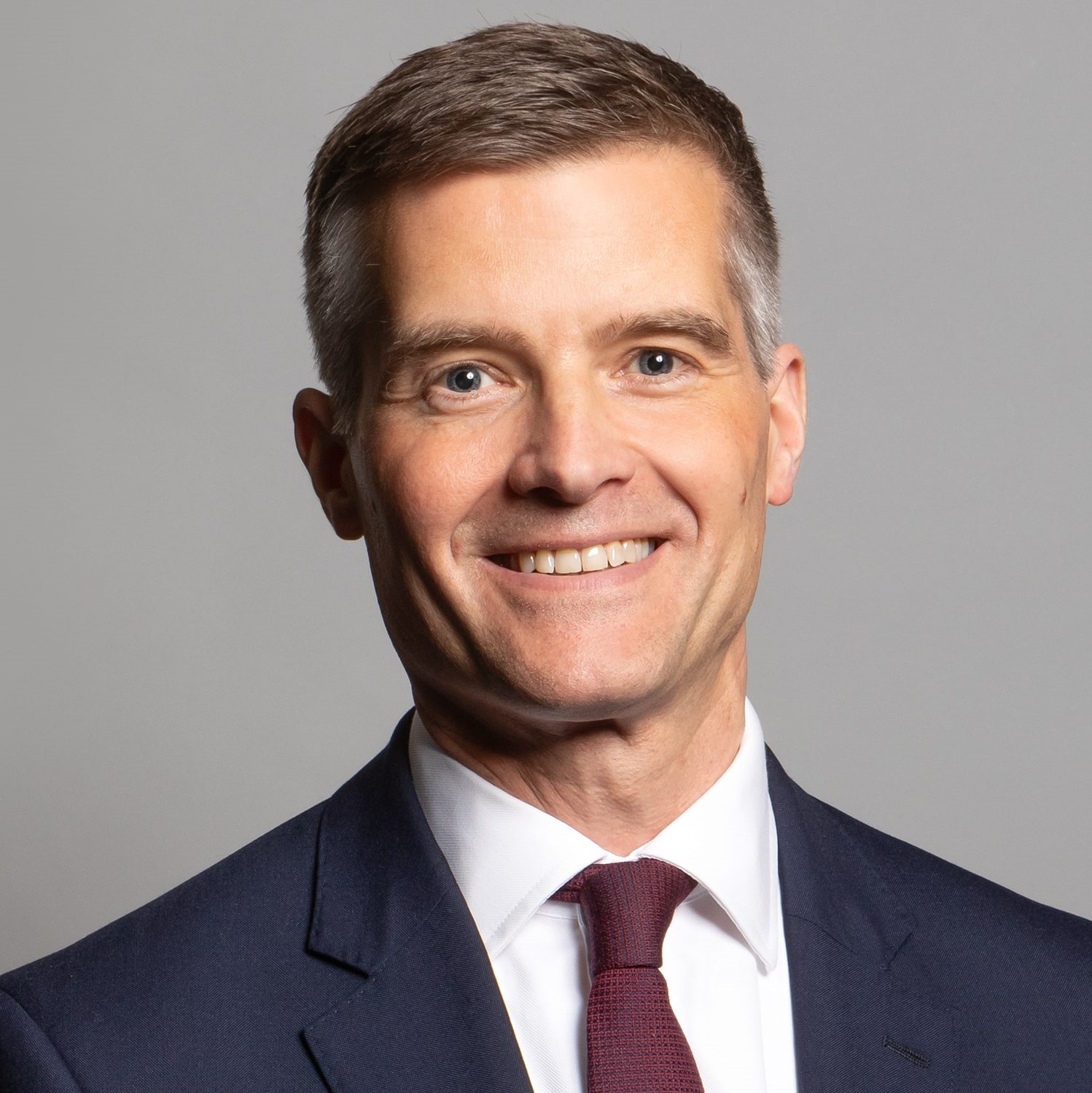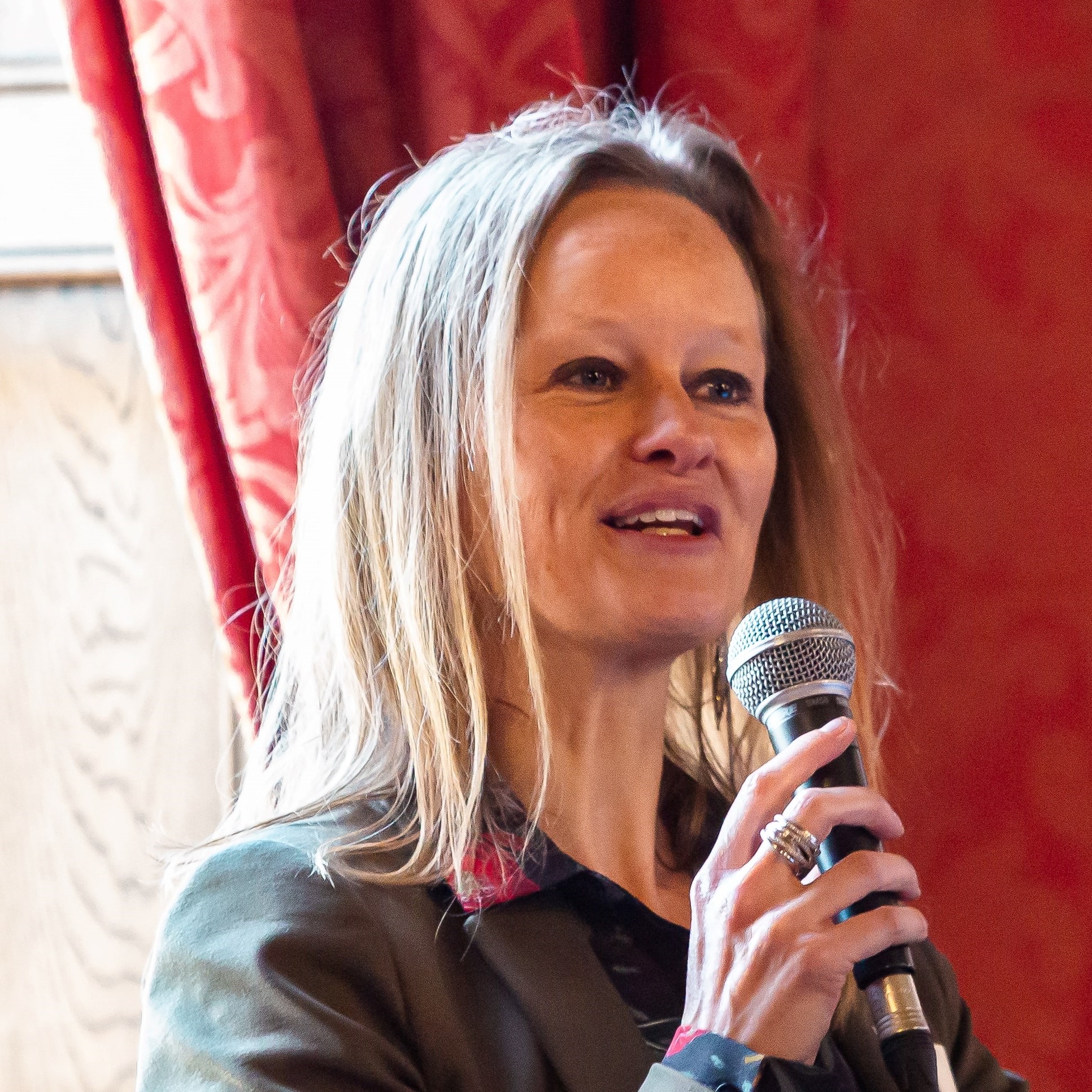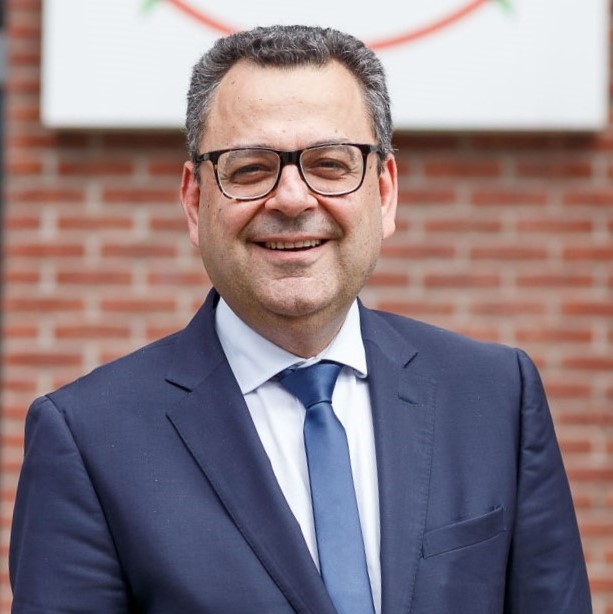Date:
Time:
Info:
Location:
The Covid-19 pandemic triggered a transformation in how people made mobility choices, bringing attention to the simplest means of transport: active mobility, consisting of walking and cycling. Public transport, where large numbers of passengers have travel close together, was avoided due to health concerns, and instead, an increasing number of people preferred active mobility, which allows them to control their own personal space. Governments also made efforts to respond to this increasing demand, for example by setting up provisional designated lanes for bicycle traffic.
Active mobility is also an environmentally friendly means of transport, as it has no CO2 emissions or, even if the life cycle of the equipment used is included, emissions are insignificant compared to the use of private motor vehicles. In addition, active mobility has significant health benefits as it involves physical exercise.
In recent years, the redistribution of urban space has become an important policy issue, as many municipalities have been steering their transport policies towards accessibility. In order to anchor the positive trends in active mobility that have emerged as a result of the Covid-19 pandemic and decarbonisation effort, it is necessary to clearly position the role of active mobility in transport planning. While enhancement of sidewalks and expansion of protected infrastructure for cycling are required, motivating the public to use active mobility also plays an important role.
The use of other modes of transport is also dependent on good pedestrian environments. Public transport stops, station access and adjacent road sections need to be designed for safe pedestrian access with adequate space to avoid crowding. Pedestrian access needs to be easy, with direct desire lines for crossing roads to stations, avoiding recourse to pedestrian bridges and underpasses whenever possible. Linking active transport modes to transit, with bike parking and electric scooter parking space, and docking for shared bike systems, is also important for promoting the use of public transport. And active mobility needs to be integrated with other modes of transport through the emerging MaaS (Mobility as a Service) systems, recently initiated in a number of cities and regions.
Meanwhile, the situation surrounding active mobility varies from region to region and from country to country, and whilst cities and rural areas do not face identical challenges, there are opportunities also outside of cities, where electric bikes in particular have a potential to feed local mobility hubs. For active mobility, to become a universal mode of transport, we also need to focus on the specific challenges of women, children, the elderly and people using assisted mobility devices. Safety is the bottom line for all these users, and alongside redistribution of road space, this requires consistent application of speed limits and enforcement of traffic rules.
Suggested topics for discussion are as follows:
- What do governments see as the challenges in anchoring recent active mobility trends in long-term development? What policy interventions are effective in promoting active mobility? What is the respective role of central and local governments, civil society and business in its implementation?
- How can active mobility influence other transport agendas, such as improving accessibility in rural and peripheral areas, enhancing road safety and securing gender equity? How can synergies be ensured?














